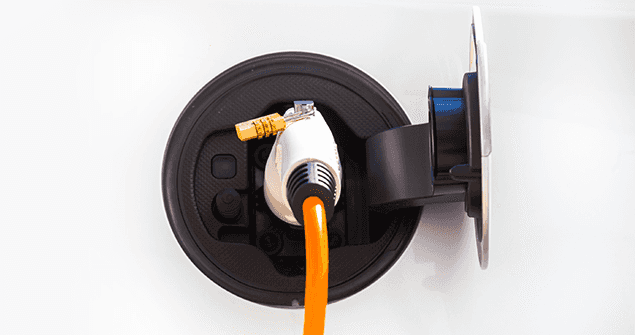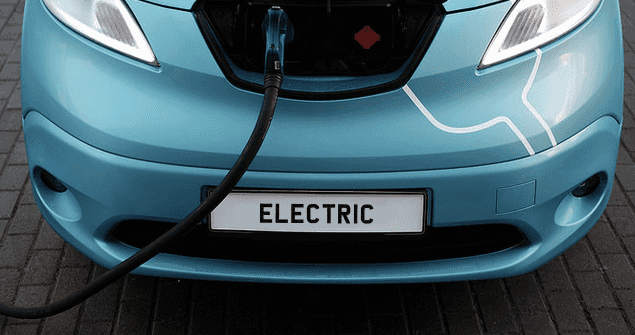
Electric vans – should you buy one?
Electric vehicles are growing in popularity in the UK and with high fuel prices and an ever-increasing focus on emissions, their popularity is only going in one direction.
With that said electirc vans currently account for just a tiny portion of van sales and remain something of an unknown for van drivers.
Their benefits are well known but how many of us have driven one? And how many of us have ever seriously contemplated buying one?
Our guide explains everything you need to know about electric vans, including how they compare to diesel models and what some of the best electric vans on the market have to offer.
See how much you can save
Compare electric van insurance quotes today!
What are the benefits of an electric van?
1. They're environmentally friendly
Diesel and petrol-powered vans spit out harmful emissions – including Carbon Dioxide (CO2) and Nitrogen Dioxide (NOx) – electric vans don’t.
2. They've got government-backing
Because they're environmentally friendly, electric vans have effectively been endorsed by government, as it looks to reduce the UK's carbon footprint, particularly in major cities. As a result, electric vans are exempt from London's congestion charge.
3. They're incentivised
UK motorists can take advantage of the Plug-in van grant. The grant provides a discount of up to 20 per cent (or a maximum of £8,000) on the cost of your new electric van. On top of that, there's no road tax cost for electric vehicles.
4. They're cheap to run
Electricity to charge your vehicle isn't free, so if you're charging from home you'll have to pay for the electricity you use, but compared to the price of diesel and petrol, electric vans are significantly cheaper. Charging at some public charge points is free, while at others it can cost as little as £1.50 per hour. With diesel costing around £1.23 and petrol around £1.19, there's no competition.
5. They're cheaper to maintain
As well as being cheaper to charge and drive per mile, electric vans are also cheaper to maintain. Electric engines are also less prone to wear and tear, too.
6. They're quiet
Electric vehicles are quiet. When compared to a diesel van on a cold weekday morning, they're virtually silent.
As well as the advantages above, if you're a business owner and you buy a zero-emission electric van, there are capital allowance benefits you can claim, too.

See how much you can save
Compare electric van insurance quotes today!
Is an electric van right for me?
If you're weighing up an electric van, it's important to think carefully about how you're going to use it and whether the pros and cons of ownership would impact you.
For example, range is an obvious weak point for electric vans but if you only drive short distances, would range ever really be an issue?
Five Electric vans you can buy now
Electric vans, unlike electric cars, are still relatively new in the UK, which means there's not a lot of competition and choice in the market.
We've found five electric vans you can buy now (October 2022), outlining their price and range.
1. Ford E-Transit
Price: from £49,935 (ex. VAT)
Range: 196 miles\
2. Citroen e-Dispatch
Price: From about £30k for smaller versions
Range: Up to 200 miles depending on variant and conditions
3. Fiat E-Ducato
Price: From £59,699
Range: Up to 230 miles
4. Renault Master E-Tech
Price: Around £45,000 (ex. VAT)
Range: 125 miles
5. Mercedes eSprinter
Price: Starting from £51,950
Range: A maximum of 96 miles
